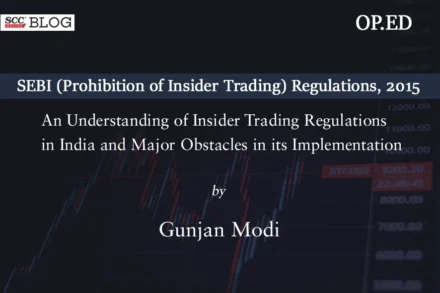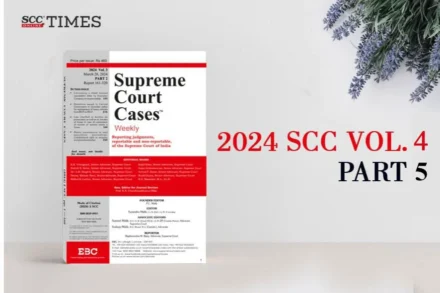
2024 SCC Vol. 4 Part 5
Arbitration and Conciliation Act, 1996 — Ss. 34 and 37 r/w Ss. 2(4) and 16 — Jurisdiction of arbitrator to adjudicate under

Arbitration and Conciliation Act, 1996 — Ss. 34 and 37 r/w Ss. 2(4) and 16 — Jurisdiction of arbitrator to adjudicate under

The Delhi High Court said that the winding up proceedings which have not progressed to an advanced stage before the High Courts, ought to be transferred to the NCLT.
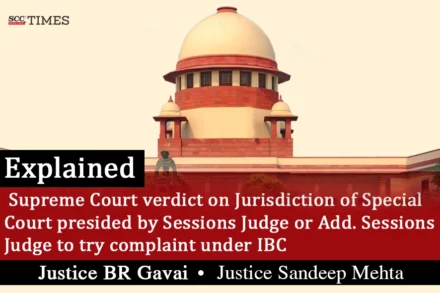
“The High Court could have directed the complaint to be withdrawn and presented before the appropriate Court having jurisdiction.”
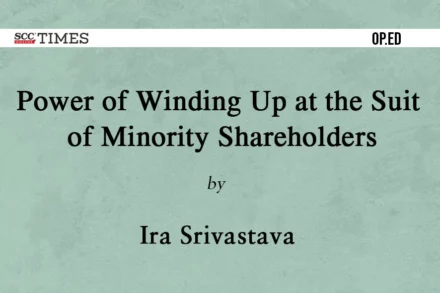
by Ira Srivastava*
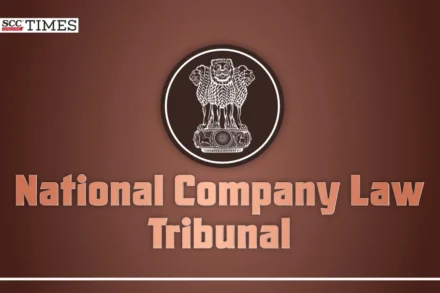
The NCLT issued a notice and sought BharatPe’s response and fixed the next date of hearing on 04-04-2024.
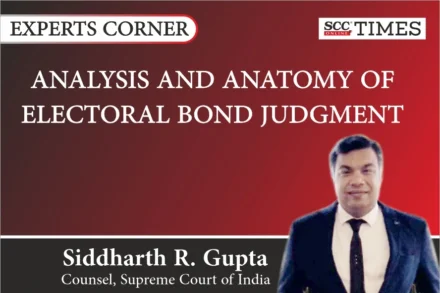
by Siddharth R. Gupta*
Cite as: 2024 SCC OnLine Blog Exp 17
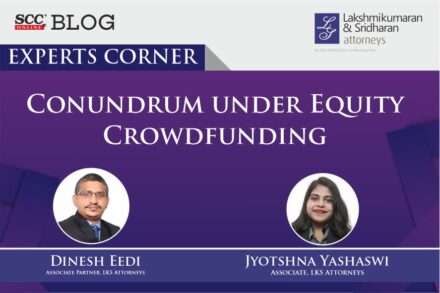
by Dinesh Eedi* and Jyotshna Yashaswi**
Cite as: 2024 SCC OnLine Blog Exp 6
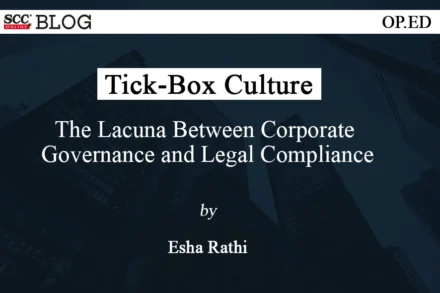

“If power is given to the Special Court under Section 436(2) of the Companies Act, 2013 (‘the Act’) to try offences other than those under the Act, then SFIO’s power to investigate into such offences cannot be restricted.”
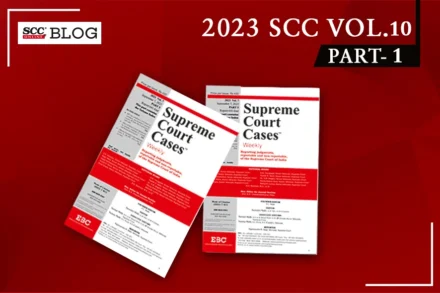
Corporate Laws — Company Law — Winding up and Liquidation — Overriding preferential payments: Dues towards customs duty i.e. government dues falling

Whilst the court is not unduly bound by the texts or Order XXXVIII Rule 1 and 2 or Order XXXVIII Rule (5) or any other provisions of CPC, the substantial principles for grant of such interim measures cannot be disregarded.
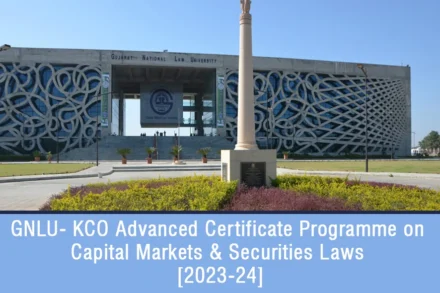
About the GNLU Centre for Business & Public Policy GNLU Centre for Business & Public Policy [“GCBPP”] is one of the centres
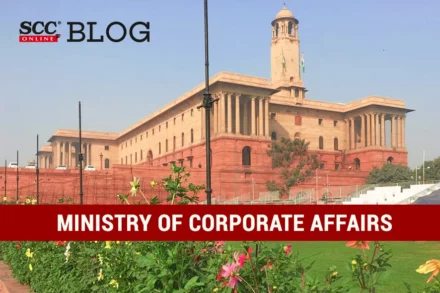
On 27-10-2023, the Ministry of Corporate Affairs notified the Companies (Management and Administration) Second Amendment Rules, 2023 to amend the Companies (Management

On 27-10-2023, the Ministry of Corporate Affairs notified the Companies (Prospectus and Allotment of Securities) Second Amendment Rules, 2023 to amend the
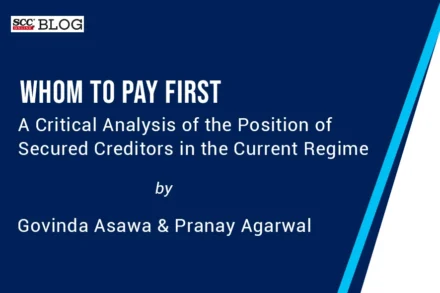
by Govinda Asawa† and Pranay Agarwal††
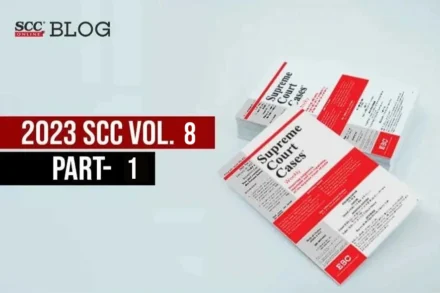
Advocates — Senior Advocates — Designation of: Guidelines issued by Supreme Court in Indira Jaising, (2017) 9 SCC 766 for greater objectivity
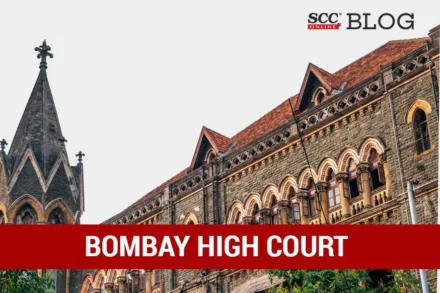
At this juncture, examining whether the petition filed before the NCLT can be said to be a ‘dressed-up’ petition, would necessarily require a detailed exercise to be carried out by this Court to render findings either way clearly impinging upon the exclusive jurisdiction of the NCLT in deciding such a question.
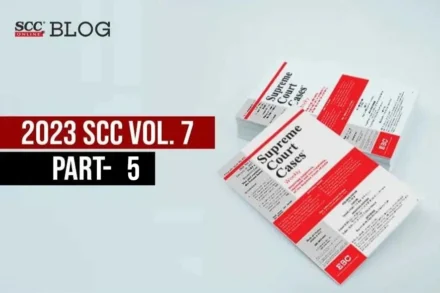
Advocates Act, 1961 — Ss. 7(1)(g), (h), (l), (m), 24, 49(1)(ah): Bar Council of India, held, has jurisdiction and power to introduce
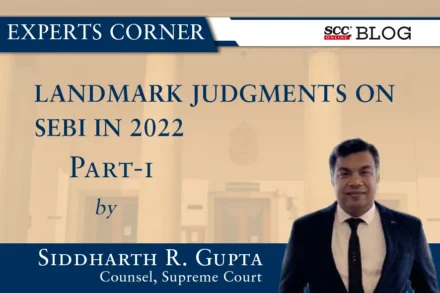
by Siddharth R. Gupta*
Cite as: 2023 SCC OnLine Blog Exp 72
